Erin Somers's The Ten Year Affair is a wry and ingenious novel of a married woman and her imaginary affair. Cora moves from New York City to the Hudson Valley with her husband and two small children. There, she meets the also-married Sam at a group for parents and their babies. As Cora contends with the malaise of small-town married life, the narrative splits into parallel threads, one of which imagines what will happen to hers and Sam's lives if they act on their mutual attraction. Throughout, Somers offers a sardonic view into the pressures of marriage and motherhood and the ambient temptation of adultery (“Passion was what went on in the other world... between two people with unwholesome fixations on each other, determined to do something stupid”).
The Ten Year Affair is a comedic riff on the stories of middle-class desperation that rose to prominence in the second half of the 20th century. The suburbs are at the core of these books, and the failure of the nuclear family to satisfy the modern individual (or more specifically, the modern man). Many of them also center on narratives of infidelity: perhaps the natural place to turn when you find your life lacking and want to blow it up. I have a lot of affection for these stories, which are so often beautifully written and moving, if dated in some of their attitudes. The Ten Year Affair borrows and subverts their tropes–the evenings spent on the commuter rail, the emptiness of office jobs, the dinner party ennui. These are the works that were especially important in conceiving the book.
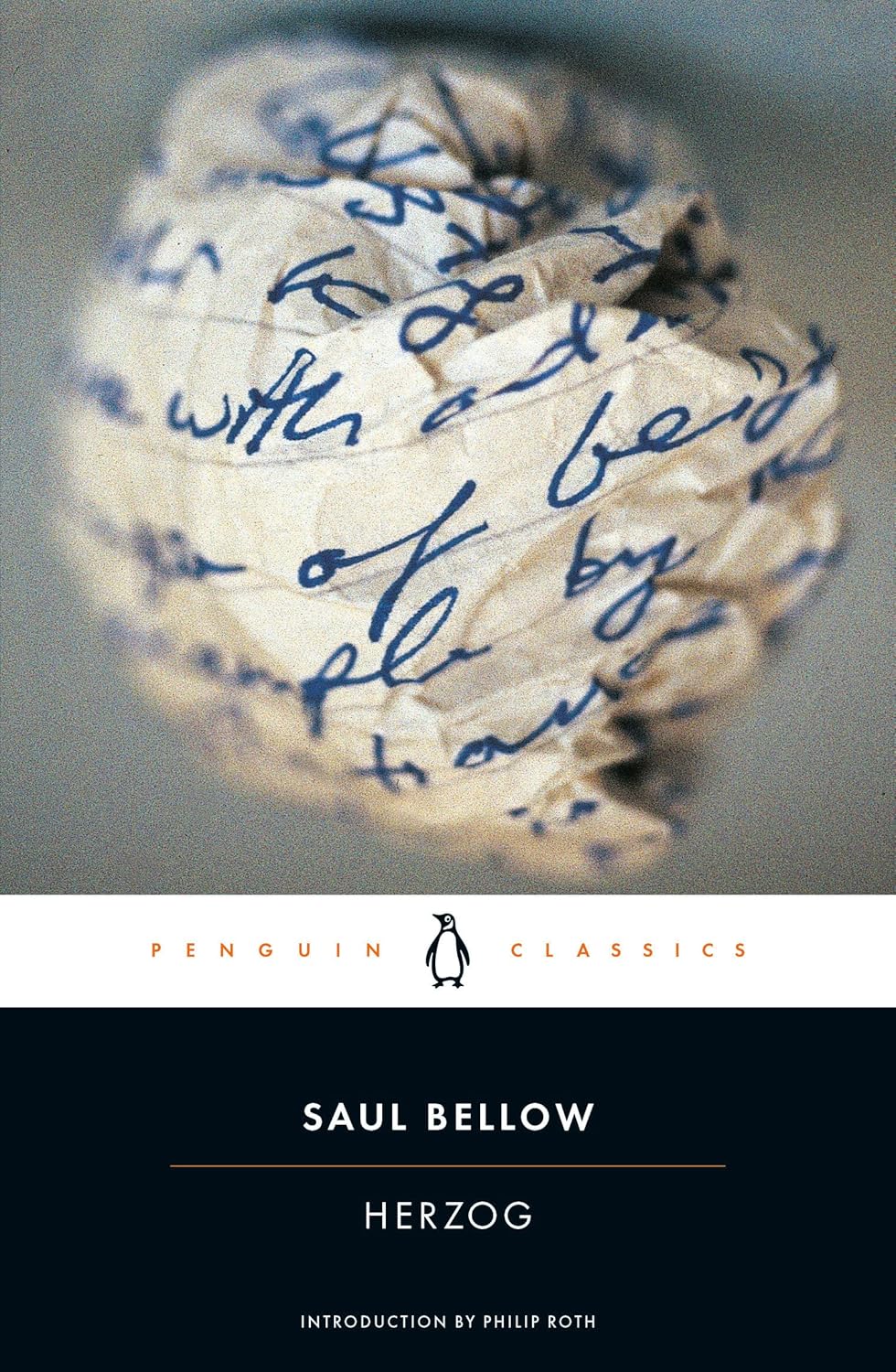
Herzog
For me, Bellow has never gone down as easily as Philip Roth. Is it because the writing is denser? Slower moving? Less funny? Herzog follows Moses Herzog, a mediocre academic, from New York City to Martha's Vineyard to the Berkshires to Chicago as he has a midlife crisis. His second wife, Madeleine, has had an affair with his friend Valentine Gersbach, a large, virile ginger with a mysterious hold on women. Herzog too has strayed, but he doesn't hold himself responsible for the dissolution of his marriage. No, that's all Madeleine's fault, with her constant reading of Russian authors and poor housekeeping habits. Much of the book is made up of letters Herzog writes in his mind to virtually everyone he has ever met, and it’s worth reading for its elaborately imagined, bitter, and virtuosic portrayal of the inner life of a person on the brink.
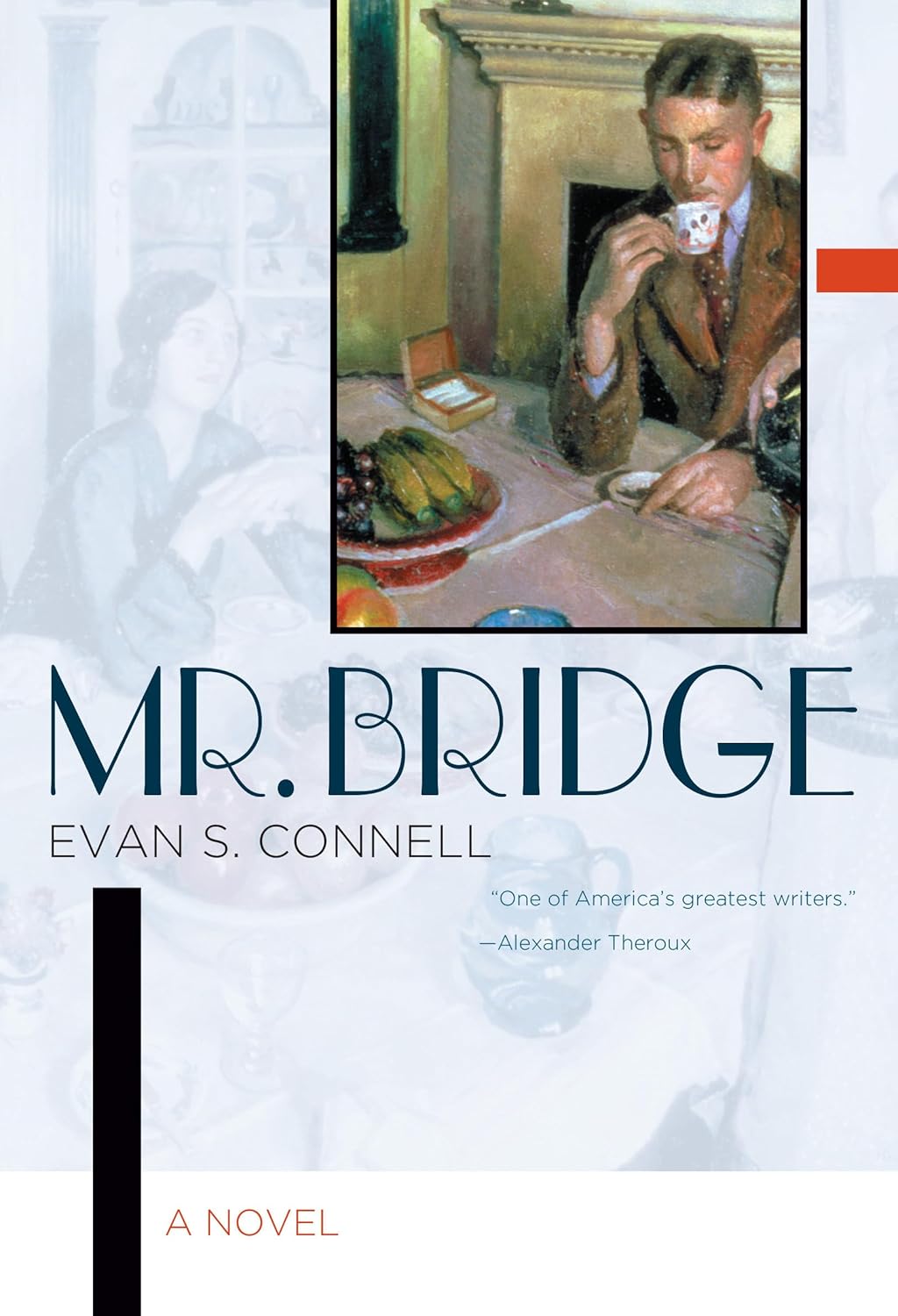
Mr. Bridge
Connell's 1969 novel is a masterpiece of family life told in short vignettes. Mr. Bridge is a lawyer, husband, and father of three, immovably upright and conforming. A companion novel to Connell's similarly structured Mrs. Bridge, which is about Mr. Bridge's wife, India, the book brilliantly explores people whose lives are ruled by rigid middle-class propriety. Mr. Bridge is all but walled off from feeling. When he buys a rabbit for his children on Easter, and it dies of fright before noon, his first thought is that he dislikes weakness. Late in the book. Mr. Bridge's longtime secretary makes a pass at him, and Mr. Bridge is so repressed, so oblivious, that he can only feel disgust. “He hoped that after a day away from the office she would have recovered her sense of values so that they would be able to continue as before,” the episode concludes. “If not, the only solution would be to let her go."
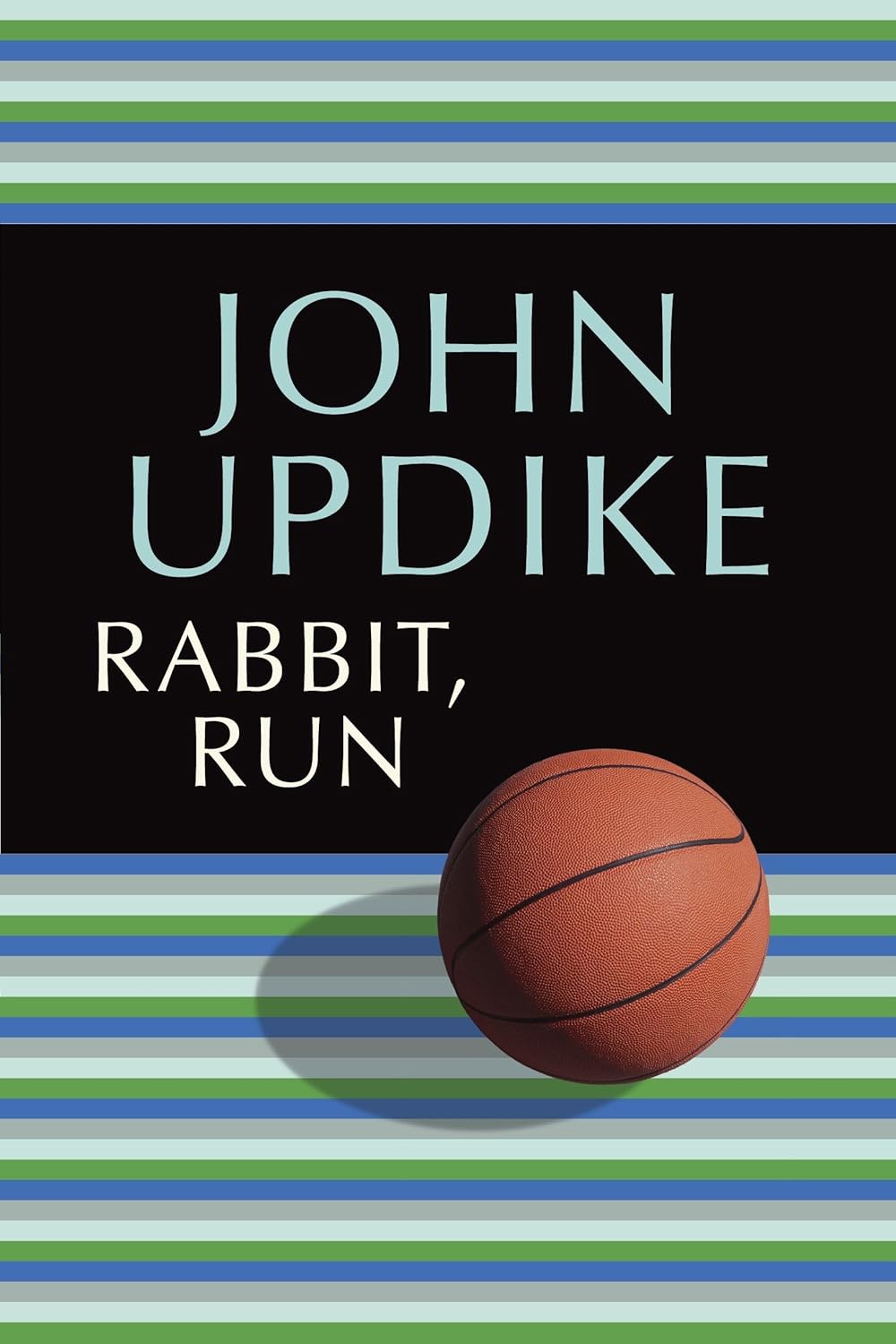
Rabbit, Run
Electric from its first words—"Boys are playing basketball around a telephone pole with a backboard bolted to it”—the novel follows former star athlete Harry “Rabbit” Angstrom as he attempts to settle down too soon in fictional Brewer, Pa. Rabbit is just 26 when he and his wife, Janice, have a second child on the way. But Janice is a drunk and a mess, and Rabbit is skittish, afraid, unequal to adulthood and the realities of marriage. “I mean I’m not that interested in her,” he confesses to his old coach. “I was but I’m not.” True to the title, he attempts flight, moving in briefly with a woman named Ruth, but finds himself pulled back by the birth of his daughter. The story culminates in a tragedy and ends without Rabbit finding any answers. Leave or stay, the book seems to be saying, it all amounts to the same thing.
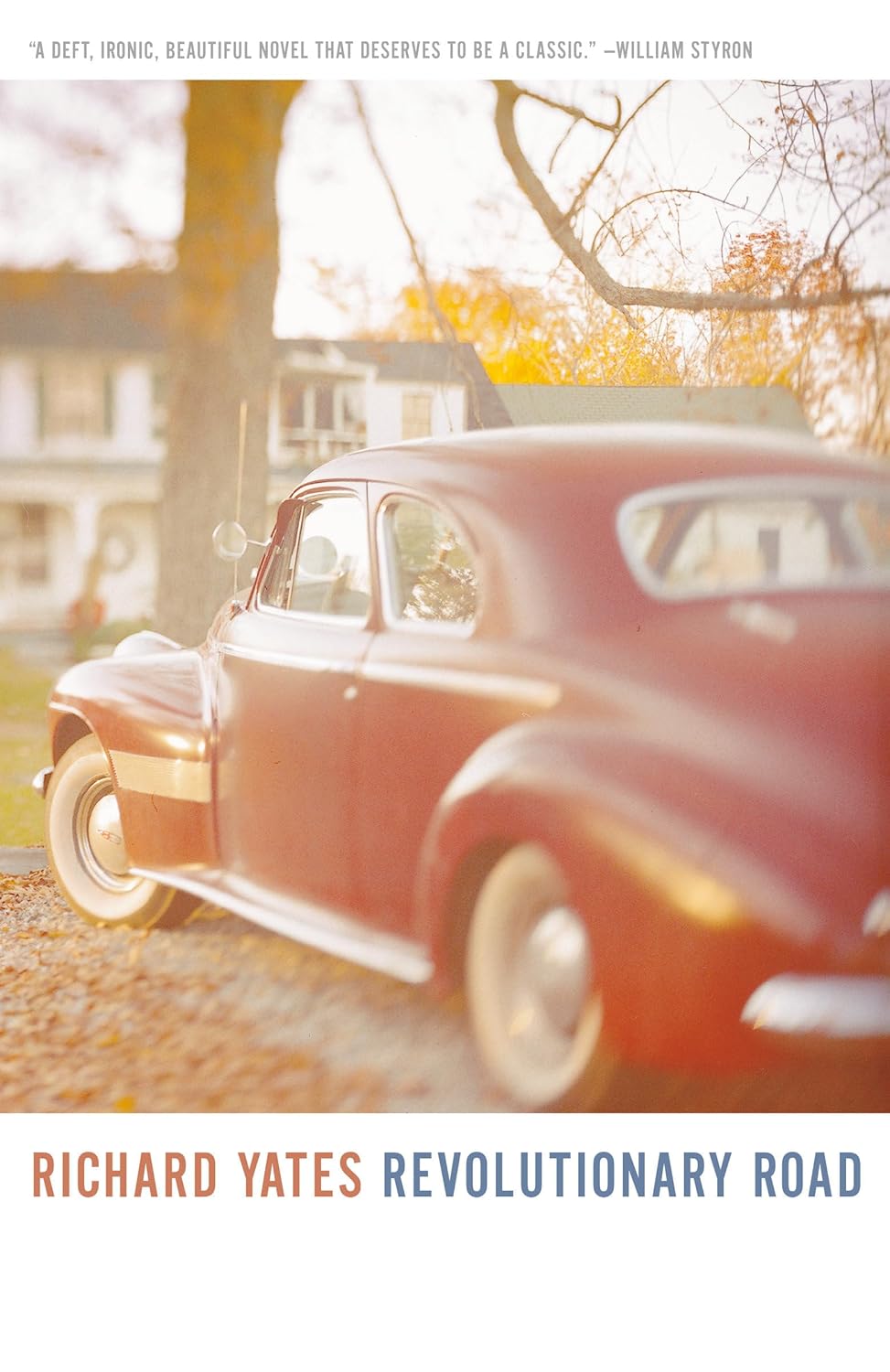
Revolutionary Road
Frank and April Wheeler keep insisting they’ll leave Connecticut and move to Paris in Yates’s best known (and, remarkably, first) novel. The book begins with a doomed play performed by the Laurel Players, a hopeful new local theater company that, alas, does not have the goods. Opening night, the leading man comes down with intestinal flu, the myopic director has to stand in, and the whole thing ends “in a brief tableau of human desolation,” humiliating its star, April. The grim production sparks an unraveling in the Wheeler marriage, which had not been going well anyway. There is infidelity on both sides, simmering resentment, and an unwanted pregnancy that would further trap April. Yates’s prose is fluid, crisp, and wonderful to read. Suffice it to say, the Wheelers never make it to Paris.
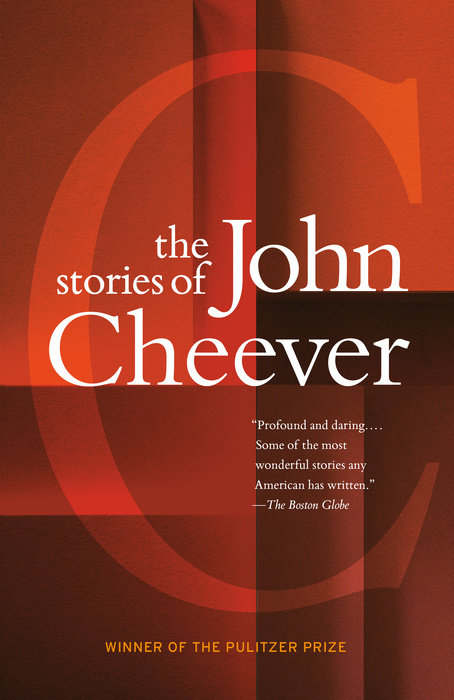
The Stories of John Cheever
One of the most famous short stories for good reason, “The Swimmer” begins, perfectly, with Neddy Merrill and his friends sitting around someone’s pool complaining that they drank too much last night. Neddy, seeing "with a cartographer's eye, that string of swimming pools, that quasi-subterranean stream that curved across the county,” decides to swim home, pool by pool. Along the way he stops for too many drinks at too many backyard parties. By the time his journey is drawing to a close, signs of autumn are creeping in, and he realizes that more time has passed than he realized. Not just hours but years have slipped away as he swam, drank, and nattered pointlessly with acquaintances, and in the meantime his family has left him. When I was writing The Ten Year Affair, I looked to this story to see how Cheever incorporated the surreal and how he handled time. It's one of the great cautionary tales about having too much fun.








